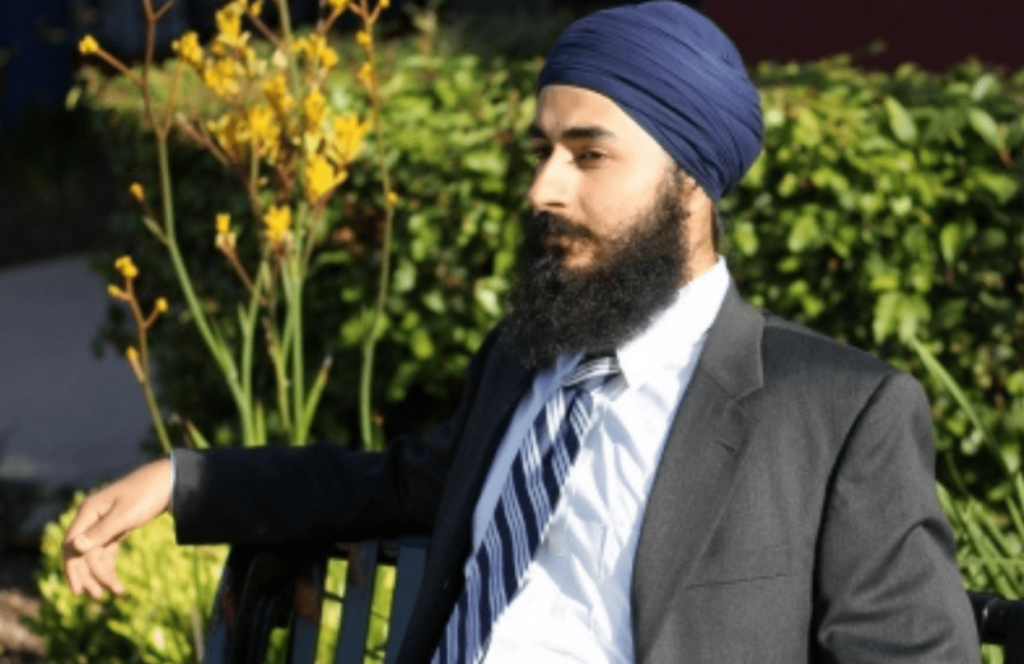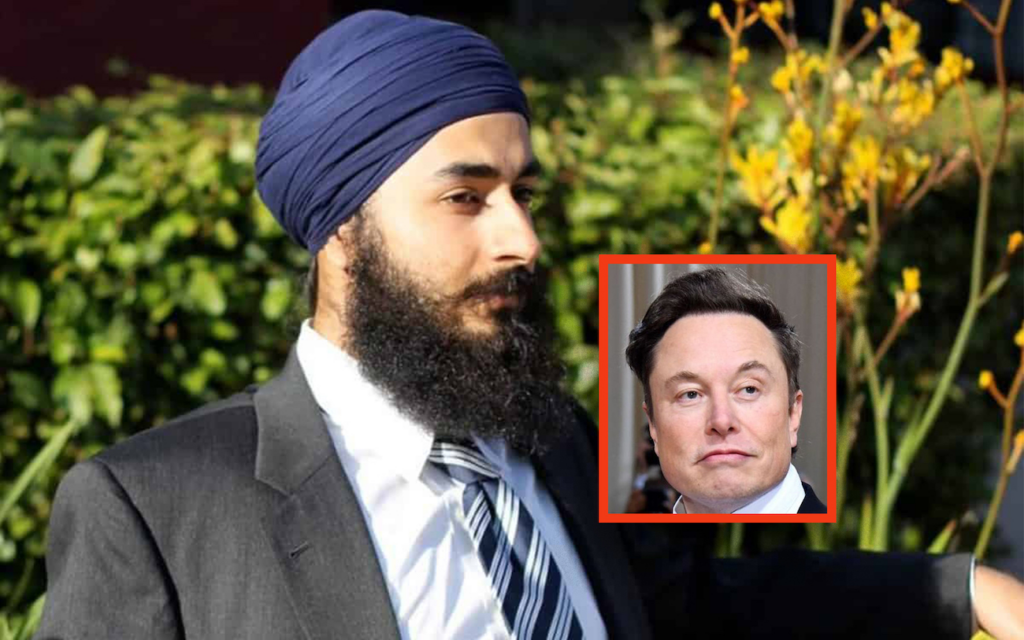
In order to conclude a defamation lawsuit filed by Indian-American Sikh critic and independent researcher Randeep Hothi, Tesla CEO Elon Musk has agreed to pay $10,000.
A defamation suit was launched against Musk in 2020 by a PhD student in Asian languages and cultures at the University of Michigan named Hothi. Hothi claimed that Musk had falsely accused him of actively harassing and “almost killing” Tesla employees.
Musk asked Hothi to settle in March 2023 after years of heated litigation.
In this instance, we were not motivated by a need for attention or reward. “I feel vindicated,” Hothi stated in a statement in which he announced his acceptance of Musk’s settlement offer.
I filed this suit to protect my intellectual property, clear my good name, and make a statement. I think I’ve succeeded, and Musk has a lot to do with it. His actions over the past year have made it clear that we need to carefully monitor his every move.
One of Hothi’s attorneys, D. Gill Sperlein, made the following statement: “Last year, Musk famously stated that he would never’settle an unjust case. He has, however, requested Hothi to make allowances for him. We’re glad Musk now realizes the rightness of this argument.
After creating the @skabooshka Twitter account to fact-check Musk and Tesla’s public claims about the former’s automation, technology, and production procedures, Hothi and Tesla came to blows.

Hothi, playing the part of a social activist, began monitoring manufacturing at Tesla’s Fremont, California, facility in 2018.
He posted photos of his Twitter followers visiting Tesla’s Model 3 production tent.
Despite Hothi’s denials, Tesla filed for a restraining order against him in April 2019, claiming he had hit an employee with his car in the Tesla factory parking lot.
In July of 2019, Tesla suddenly abandoned its case after Hothi and his legal team got a court order compelling Tesla to hand over video evidence of the claimed encounter.
The next month however, Musk emailed a reporter and accused Hothi of “actively harassing” and “almost kill(ing)” Tesla staff.
Hundreds of thousands of people saw that remark when it was published and propagated on Twitter.
An outpouring of public support for Hothi ensued after Musk’s charges, from whistleblowers to researchers to journalists to detractors.
Hothi, who was represented by Sperlein, sued Musk for defamation in August of 2020 for the latter’s comments.

Musk’s attempted dismissal of the case relied on the anti-SLAPP rule in California, which he argued applied since his claims were protected speech.
The trial court ruled against Musk in January 2021, saying that Hothi “has demonstrated the probability that he can succeed on the merits of his claim” since Musk’s comments amounted to an accusation of crime and were therefore defamation per se under the law.
Hothi accepted Musk’s settlement offer on April 30, and according to the terms of the agreement, he will file a motion to dismiss the lawsuit on May 1.
